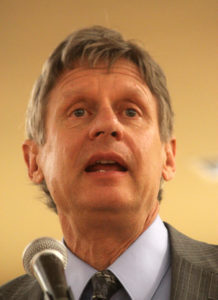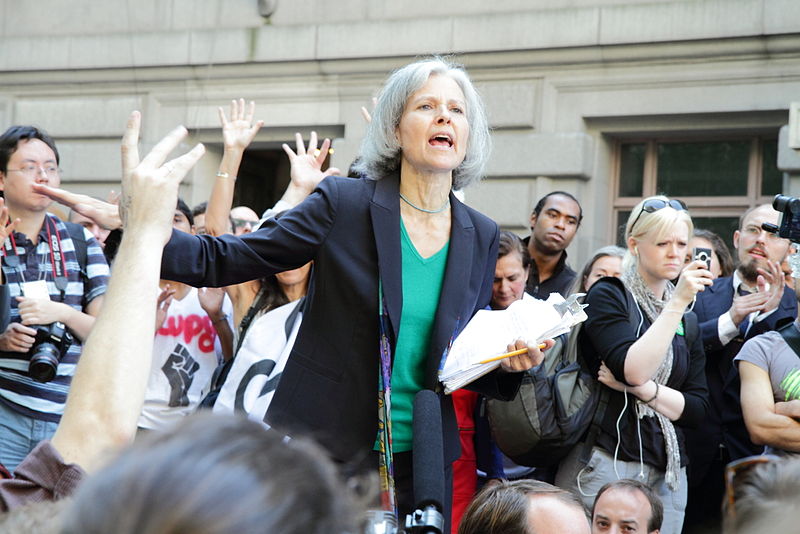
Perhaps the Donald could be more specific?
In an attempt to get the presidential candidates to talk about something, you know, worthwhile, Scientific American partnered with ScienceDebate.org to develop 20 questions for the candidates to answer about science, engineering, technology, health and environmental issues. Scientific American published answers from Hillary, The Donald and Jill Stein on Sept. 13.

(Libertarian candidate Gary Johnson has yet to answer; his staff says he’s still researching what Aleppo is. He’s narrowed it down to a city in Syria or a mosquito-borne disease. Or maybe an allergy medication.)
The answers are unsurprisingly unsurprising, with Hillary reiterating her platform to move half of all U.S. electricity generation to “clean” sources within 10 years and cutting oil consumption by a third over the same time frame. Beyond solar panels, Hillz is silent on what she considers “clean” energy sources (we’re betting she thinks natural gas is a “bridge fuel”). Jill Stein was more direct in her words, calling climate change “the greatest existential threat that humanity has ever faced.”

Stein proposed a New Green Deal (“a WWII-scale national mobilization to halt climate change”) that would redirect research funds from fossil fuels into renewable energy and ensure workers displaced by the shift away from fossil fuels would receive full income and benefits as they transition to alternative work.
While Hillary and Jill gave multi-paragraphs answers to each question, The Donald kept it short, averaging answers that were about a third of what his fellow candidates said. His response to climate change could be described as interesting, but more appropriately as ambiguous:
“There is still much that needs to be investigated in the field of ‘climate change.’ Perhaps the best use of our limited financial resources should be in dealing with making sure that every person in the world has clean water. Perhaps we should focus on eliminating lingering diseases around the world like malaria.

Perhaps we should focus on efforts to increase food production to keep pace with an ever-growing world population. Perhaps we should be focused on developing energy sources and power production that alleviates the need for dependence on fossil fuels. We must decide on how best to proceed so that we can make lives better, safer and more prosperous.”
Clean water, malaria and food security will all be affected by climate change, according to several peer-reviewed studies, some of which were conducted by the U.S.’ own Environmental Protection Agency. But we’d hate to trouble Donald with anything as irritating as hard facts.














